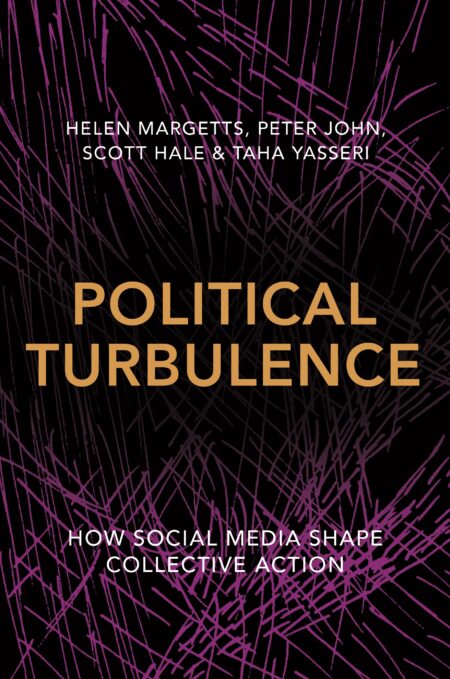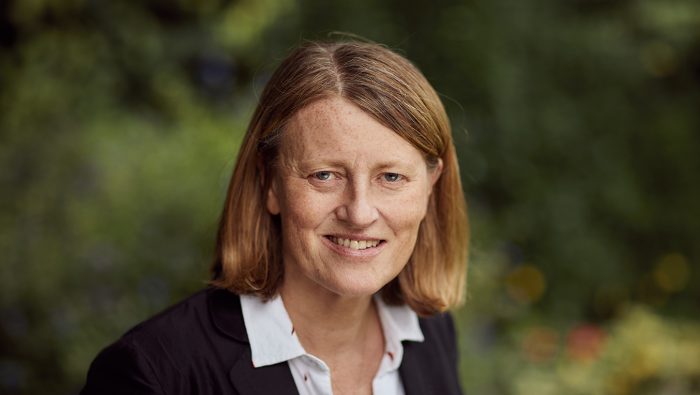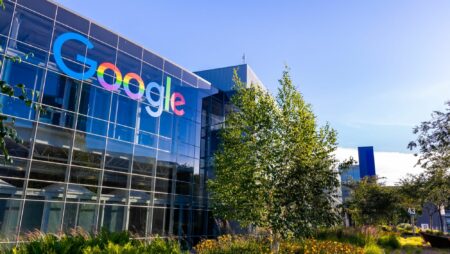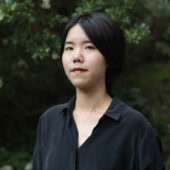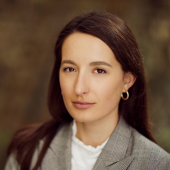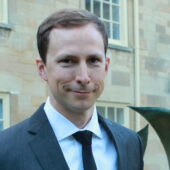About
Helen Margetts is Professor of Society and the Internet and Professorial Fellow at Mansfield College. She is a political scientist specialising in the relationship between digital technology and government, politics and public policy. She is an advocate for the potential of multi-disciplinarity and computational social science for our understanding of political behaviour and development of public policy in a digital world. She has published over a hundred books, articles and policy reports in this area, including Political Turbulence: How Social Media Shape Collective Action (with Peter John, Scott Hale and Taha Yasseri, 2015); Paradoxes of Modernization (with Perri 6 and Christopher Hood, 2010); Digital Era Governance (with Patrick Dunleavy, 2006, 2008); and The Tools of Government in the Digital Age (with Christopher Hood, 2007).
In the academic year 2025-6 Helen is on sabbatical leave and is spending time at the LSE, where she has been appointed Visiting Professor and Senior Adviser in the LSE Data Science Institute, working on a vision for AI and the social sciences.
From 2018-2025 Helen was Director of the Public Policy Programme at The Alan Turing Insitute, the UK’s national institute for data science and artificial intelligence. The programme worked with over 100 policy-making organisations to research and develop ways of using data science and AI to improve policy-making and service provision, foster government innovation and establish a framework for the responsible development and deployment of AI and in government.
Public Service
Helen sits on the UK Home Office Scientific Advisory Council (HOSAC), the United Nations Committee of Experts on Public Administration (UN CEPA, from 2025), the UK Smart Data Council, the Advisory Board of the Bennett Institute for Applied Data Science at the University of Oxford and the Board of the International Conference of Computational Social Science. She was founding Editor-in-chief of the journal Policy and Internet.
Awards and Honours
In 2020 Helen was appointed Distinguished Affiliated Professor at the Technical University of Munich, Germany and awarded the Mayer-Struckmann Prize by the Heinrich Heine University Dusseldorf for “outstanding research in the social sciences and humanities on ‘Digitization and Democracy.'” In 2019 she was elected a Fellow of the British Academy (FBA). In March-April she held the John F Kluge Senior Chair in Technology and Society at the Library of Congress, Washington DC. She was awarded an OBE for services to social and political science in the 2019 New Year’s Honours List. In 2018 she was awarded the Friedrich Schiedel Prize by the Technical University of Munich, for research and research leadership in politics and technology. Her co-authored book Political Turbulence won the W.J.Mckenzie Prize of the UK Political Studies Association for best politics book in 2017. She was elected a Fellow of the Academy of Social Sciences in 2011. Earlier awards include winning with Patrick Dunleavy the ‘Political Scientists Making a Difference’ award in 2003 from the UK Political Studies Association, in part for a series of policy reports on Government on the Internet for the UK National Audit Office (1999-2009).
Biography
Professor Margetts joined the OII in 2004 from University College London where she was a Professor in Political Science and Director of the School of Public Policy. She began her career as a computer programmer and systems analyst with Rank Xerox after receiving her BSc in mathematics from the University of Bristol. She returned to study at the London School of Economics and Political Science in 1989, completing an MSc in Politics and Public Policy in 1990 and a PhD in Government in 1996. She worked as a researcher at LSE from 1991 to 1994 and a lecturer at Birkbeck College, University of London from 1994 to 1999.
Areas of Interest for Doctoral Supervision
Please note that Helen is on sabbatical for the 2025-2026 academic year and is not able to accept new DPhil students for 2026-27.
Digital government, public management, public policy, collective action, political participation, democracy, political science, artificial intelligence data science, experiments.
Research Interests
Digital government, public management reform, tools of public policy, artificial intelligence and public policy, collective action, political participation, social science experiments, social data science/computational social science, alternative electoral systems, political extremism.
